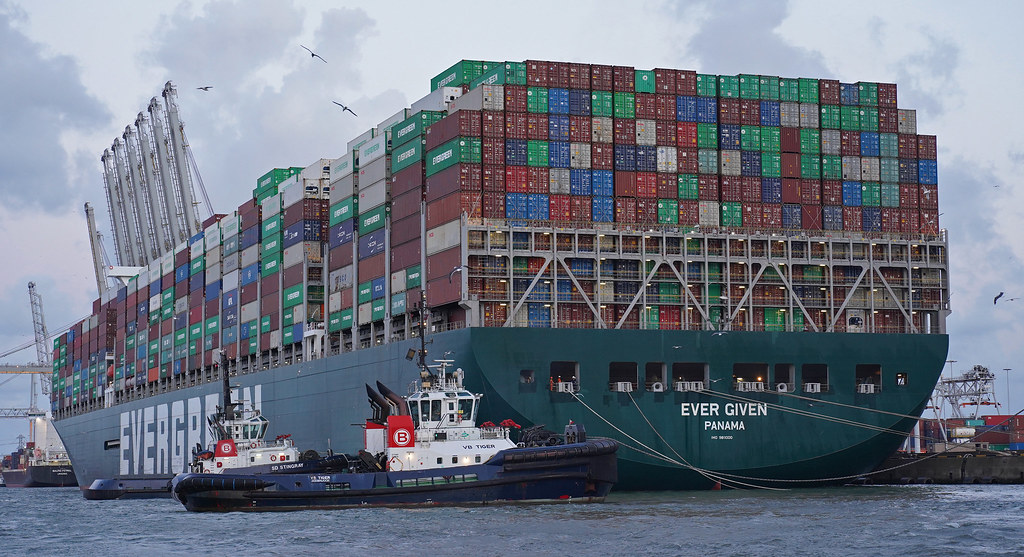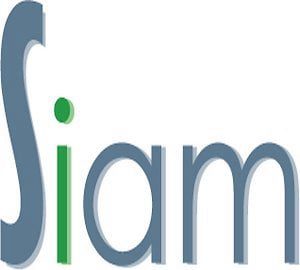ECHA recommends more transparency in trade in dangerous chemicals

Image: Flickr
ECHA recommends more transparency in trade in dangerous chemicals – The European Chemicals Agency (ECHA) is recommending changes to the legislative text to improve EU implementation of the Prior Informed Consent (PIC) Regulation, which governs the export and import of hazardous chemicals and pesticides.
ECHA’s third report on the functioning of the Prior Informed Consent (PIC) Regulation shows that the overall workload in implementing the regulation has continued to increase. This is due to the continued addition of new chemicals subject to PIC and the increase in substances subject to explicit approval from importing countries outside the EU prior to export. It should be noted that the number of export notifications has slightly decreased.
Newly added chemicals
Some of the new chemicals added to the regulations have led to widespread notifications and challenged new forms of export. These include substances harmful to bees that contain benzene and neonicotinoids. Public requests for data on trade in hazardous substances covered under the PIC regulation have also increased.
Recommendations
Based on these findings, ECHA recommends that any future revision of the PIC Regulation:
- determine which parts of export notifications are public;
- Clarify which trade information should be published in annual reports at the EU level; and
- Improve regulatory predictability and clarity through changes to the legal text and implementation practices.
ECHA Executive Director Sharon McGuinness
“Interest in exporting hazardous chemicals from the EU has increased significantly in recent years, bringing data on PIC import and export notifications under scrutiny. The ongoing evaluation of the regulation provides a good opportunity to improve the impact and transparency of PIC.”
“Our triennial report suggests concrete ways to accomplish this, such as clarifying the text of the law and aligning current practices.” Our recommendations are aimed at more transparent and effective implementation of the regulations controlling trade in hazardous chemicals.”
Background
The PIC Regulation regulates the export and import of certain hazardous chemicals and pesticides between the EU and non-EU countries. It primarily imposes obligations on companies that want to export these chemicals to non-EU countries.
Within the EU, the regulation implements the Rotterdam Convention on the Prior Notification Procedure in International Trade.
More information
- Report on the operation of the Prior Informed Consent Regulation (PIC) (2023) [PDF][EN].
- Reports on the operation of PIC
- Understanding PIC
- Rotterdam Convention
- Annual reports on exported and imported PIC chemicals
Scource: ECHA
Also Read: Total PFAS ban cripples clean technology!
Reservation
This information has been compiled with the greatest possible care, in some cases from different information sources. (Interpretation) errors are not excluded. No legal obligation can therefore be derived from this text. Everyone dealing with this subject has the responsibility to delve into the matter!

Trackbacks/Pingbacks